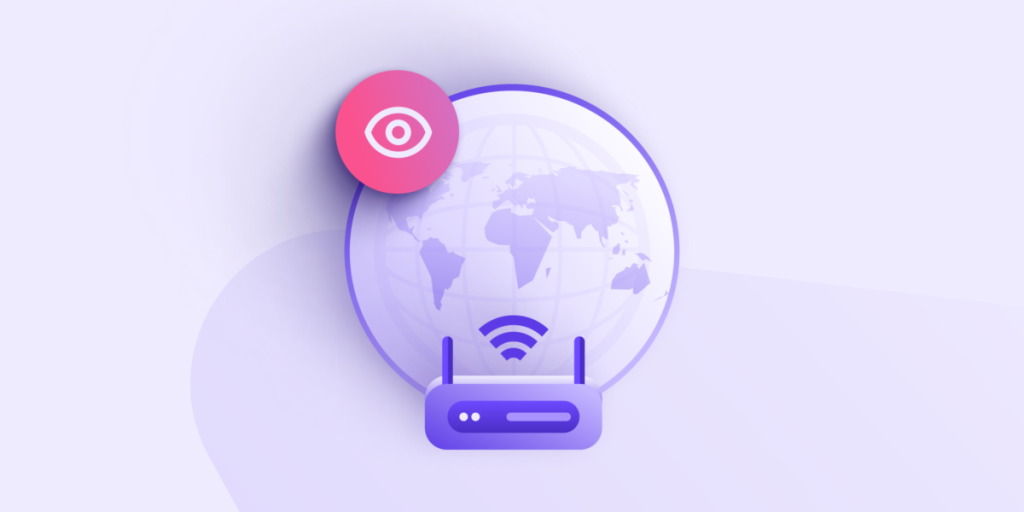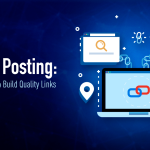An IP address is a sequence of numbers that reveals information about your internet connection, including your ISP and rough geographic location. A VPN can hide your actual IP address to make it look like you’re connecting from a different location.
Still, VPNs can’t prevent all tracking online. Here are some entities that can trace you even when using a VPN: Tracking cookies, digital fingerprinting, malware, and big tech companies.
Your ISP
Unless you’re using a VPN, your Internet Service Provider can see where all of your data is going online. This can be done through Deep Packet Inspection (DPI), which can look at encrypted traffic and connect the dots.
If you’re using a VPN with a zero-logs policy, your ISP will only see that you’re connecting to the VPN. However, they won’t know what websites you visit or what kind of files you download/upload.
It can be difficult to track you when you’re using a VPN, but if someone really wants to get in your business, they may be able to find a way. To help prevent this from happening, choose a VPN that has features such as a kill switch and split tunneling, which allows you to keep your data protected even if your VPN connection fails. Ideally, the service should also offer cross-device compatibility. This means that you can use your VPN across different devices, such as your phone, tablet, and desktop.
Websites
Some websites can detect VPN use by blacklisting IP addresses that appear to connect from too many different locations. This is useful for preventing scams and tracking hackers. It can also be used by law enforcement agencies to track people of interest or as evidence in a case.
Websites can also track your browsing habits using cookies and other data loggers. They can identify the IP address of your computer and find out where you are located down to the city level. This information is then used to target you with ads and other content. Privacy-focused browsers such as Brave block cookies and prevent websites from tracking your online behavior.
However, it’s still possible to be tracked online even when you are using a VPN. Requests between the VPN server and the target website have an identifiable source and destination and with a little work and data correlation, it can be tracked that you are using a VPN.
Government agencies
The government uses the information gathered by ISPs, websites and apps to track online activity. They can use this data to prosecute people who commit crimes like hacking or illegal downloads.
If you don’t use a VPN, websites can easily see your IP address, which gives them a rough idea of where you are geographically (down to the city level). A VPN hides this location information from sites, so you can visit any website without fear of getting caught for violating terms of service or copyright laws.
But even if you use a VPN, some cybercriminals can still trace your activity by looking at the header information on an email or using software like sniffers to record your internet activities over public Wi-Fi networks. Also, a VPN won’t hide your original public IP address when you disconnect from it. Besides, your ISP can still see your activity. They may also sell this information to marketing companies or other third parties.
Big tech companies
There’s a growing number of big tech companies trying to make money on your data, and they can be just as interested in tracking your online activity as any other prying eyes. They can do this by analyzing the numeric tag of your Internet connection or through their own web analytics tools.
They may also be able to identify the VPN you’re using through databases specializing in VPN detection. This is why it’s important to use a premium VPN provider that has a kill switch feature that automatically disconnects your devices from the Internet if you lose your VPN connection.
To minimize your digital footprint, it’s a good idea to opt for messaging apps that offer proper end-to-end encryption, such as Signal or Session app. You should also avoid streaming or playing data-intensive games on public WiFi networks and opt for private ones instead. This will help limit the information that gets leaked to cybercriminals or interested parties.






